Sustainability
“Sustainability and inclusion are not just buzzwords to us, they are part of our every day!”
Friesens’ commitment to the environment is built around making the best use of all of our resources and minimizing our ecological footprint.
We try to use our resources as carefully as possible – reusing and recycling whatever we can. All recyclable materials that leave our plants are sent to recycling facilities.
It is our intention to protect our people, customers, community, and our natural environment in order to ensure the health of the world. We do this by taking steps to prevent or minimize any adverse impacts that might result from our operations and products. We regularly evaluate compliance with all environmental laws and regulations and introduce best practice standards throughout our firm.
We have long been a steward of our environment and we support initiatives that result in long term environmental, social, and economic benefits.
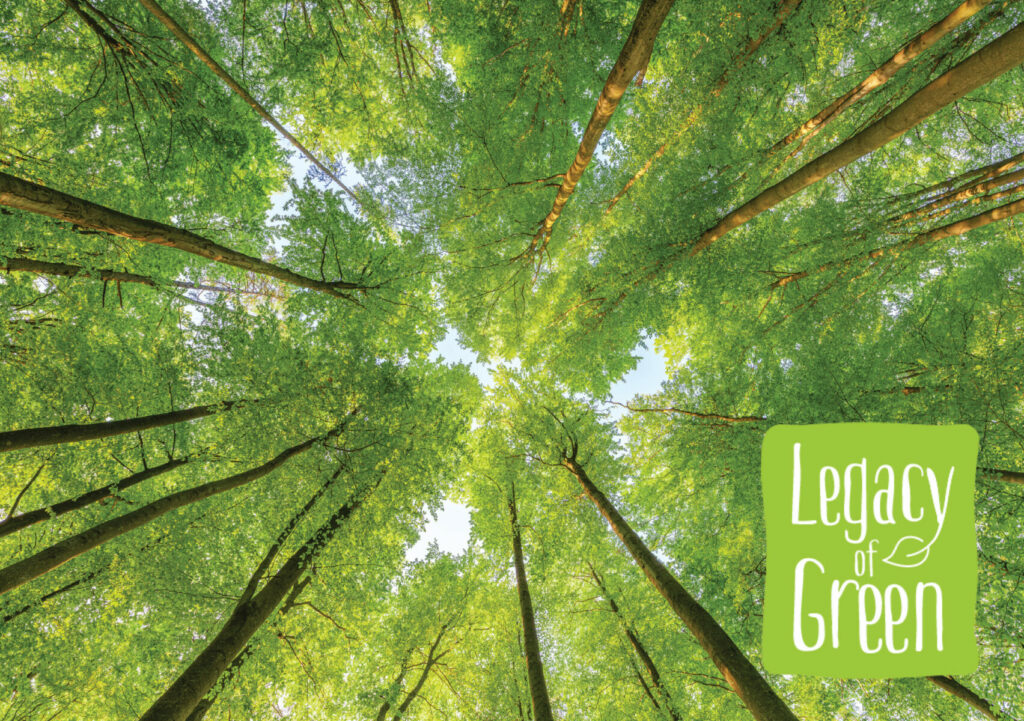
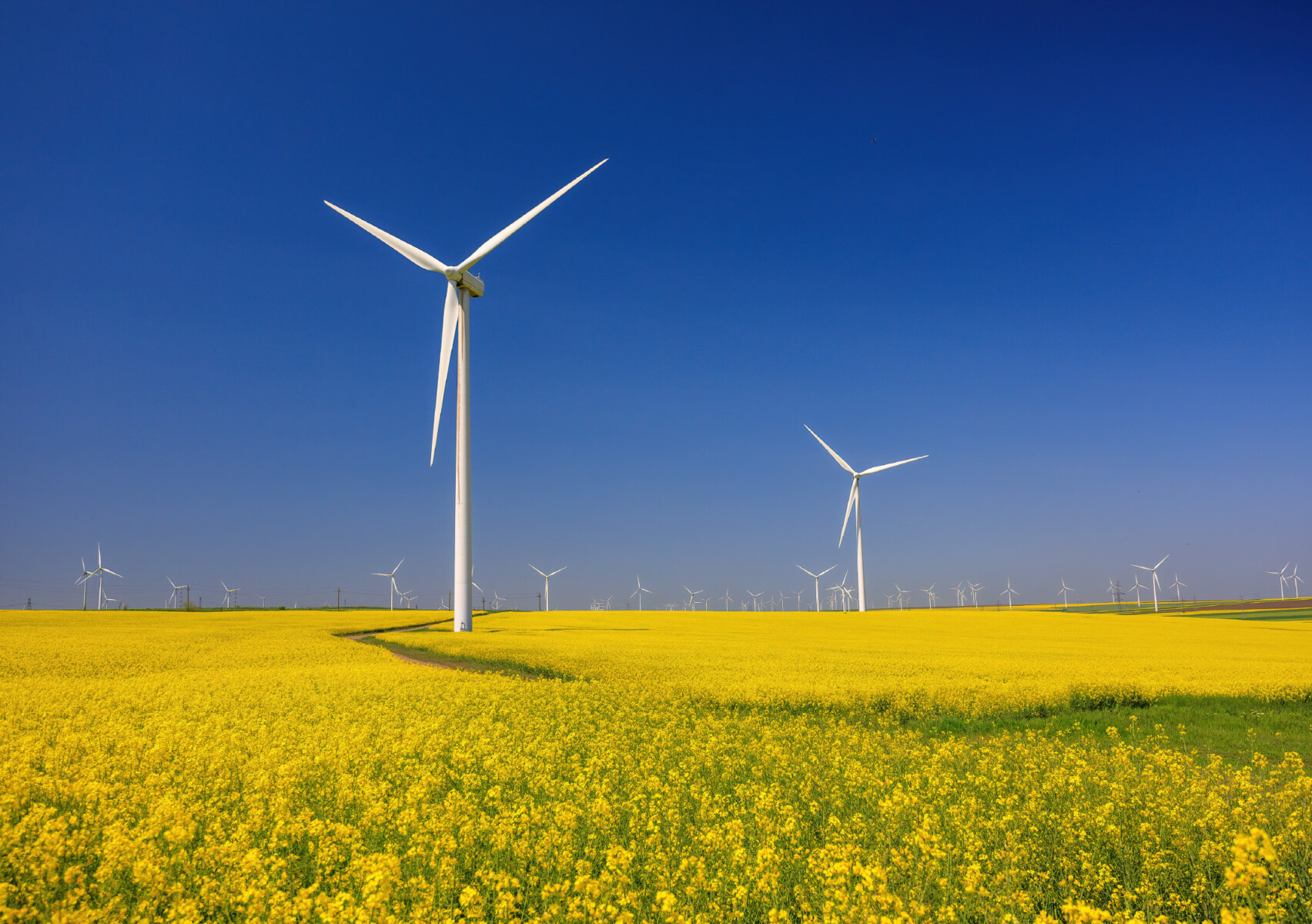
Electric Power
Friesens facilities are powered by wind and hydroelectricity, two of the most environmentally friendly forms of power in the world. Electric power is renewable, emission free and supports the local economy.
Paper
Most of the paper used at Friesens is made using a combination of wood by-products (chips) from the lumber industry and recycled paper rather than whole trees. Approximately 90% of the paper we use is Forest Stewardship Council (FSC) certified; this ensures wood comes from well-managed forests. We also bale and recycle 100% of paper waste from the pressroom, bindery, prepress, and offices.
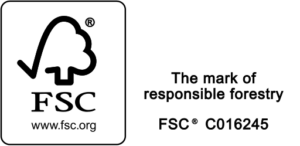
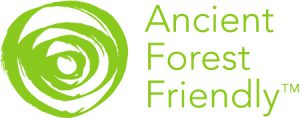
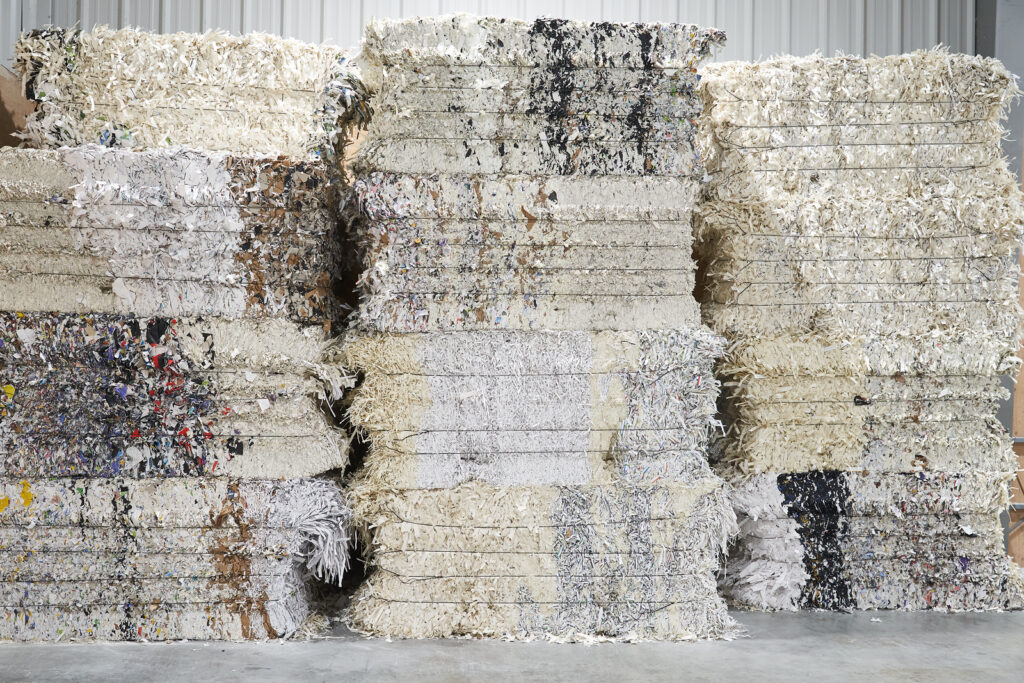
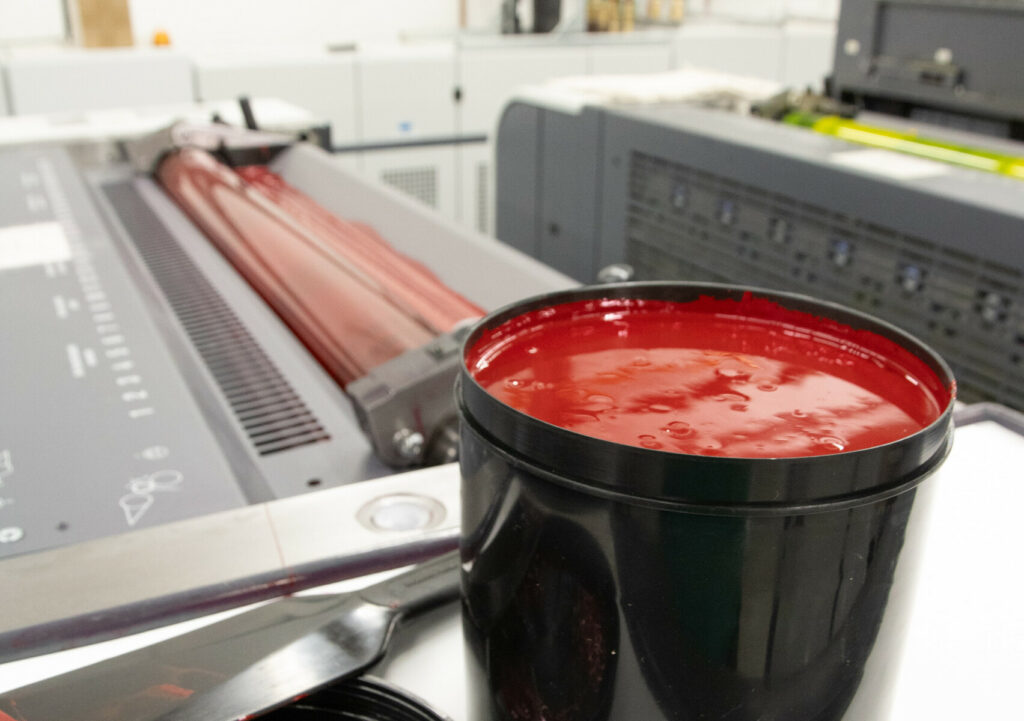
Pressroom Facts
At Friesens, we go through a lot of ink. In an effort to ensure sustainability, we use vegetable-based inks made from flax, canola, and soy which can be de-inked and recycled. Not only that, but we receive our ink in reusable barrels which keeps extra plastic or metal from ending up in landfills, our blanket wash is alcohol-free, and use both reusable rags and plastic skids.
Waste Management
Friesens has created a waste management system that helps us to successfully track our waste and minimize waste in the production of our books. We also recycle over 267,000 pounds of aluminum plates every year! The skids we use are reusable; in fact, we reuse almost everything that we can to ensure that we are reducing our ecological footprint.
